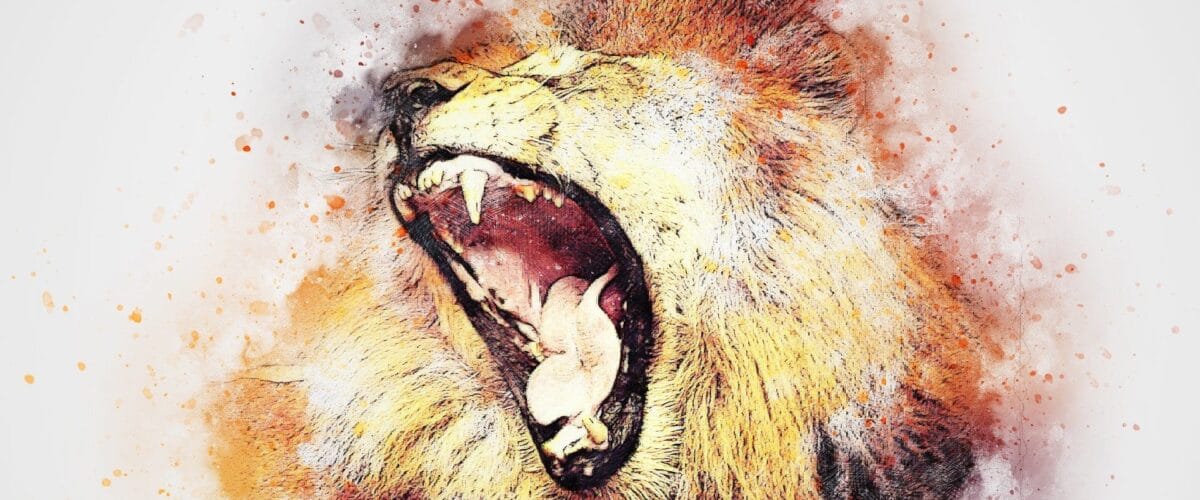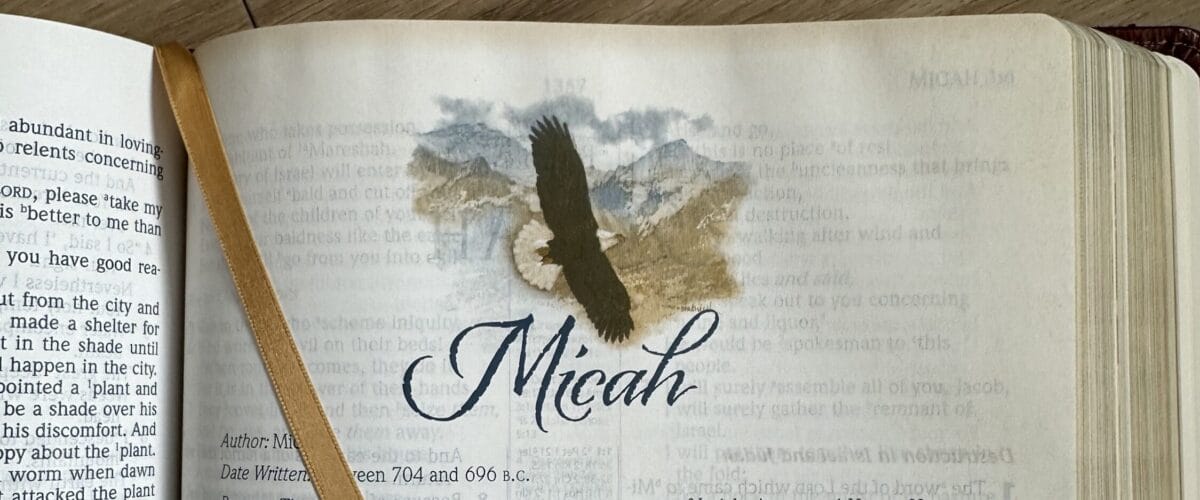The retrospection of nostalgia is as much a work of fiction, as any romantic notion of a utopic future world we imagine we could create – each selectively filtering out the complexities that make up our day-to-day experience of life as it is actually lived. In this way, our relationship to both the past and the future keeps us from fully experiencing our present – because there’s a constant temptation to view the “here and now” in terms of the fictions we make of the past, and project onto the future. This is likely why we find it hard to fully live in the moment – because we keep trying to impose an unreal expectation on what this moment is supposed to mean.
It’s an epistemological maze; the finite peering into the infinite – discovering at every turn we take, how little we actually understand. If we understand time as an endless conveyor belt experience of the space we occupy, then time is nothing more than a collision with happenstance cause and effect – rolling out of some foggy distant past, barreling straight through the present, on its way to an infinite possible number of next things . . . all of which have no particular value. Charles Taylor describes this reductive understanding of time and space as “The Immanent Frame” — where the present can only have the significance we give to it now . . . and nothing more. In other words, an existence without telos.
But such an ontology invariably creates a crisis of necessity – why would we exist at all, if our existence isn’t necessary . . . if there is no ultimate point to existing? In this regard, a beginning requires some notion of where it’s going, and why it should be going there. But because we are finite, the beginning and the end, become abstractions to us. And this is how the immanent frame of linear time, devoid of transcendence, ends up disconnecting us from our own existence, by allowing each of us to silo off into our own notion of self-existence . . . as if we were all on our own timeline.
It is the confession of my Christian faith that creation anticipates the eschaton. In Revelation 13:8 Christ is being described as being the Lamb slain before the foundations of the earth, and St Maximus the Confessor makes this claim — Christ on the cross was creating the world. The God who creates time and space is bound by neither. So as I engage him (the finite peering into the infinite) I begin to experience the unity of time, discovering how life itself, is sacrament. I am ever in the moment of my baptism, and as I approach the Bread and the Cup, I am entering into the moment when Jesus says “This is my body and blood”. It is more than remembering – sacrament delivers me to the place between heaven and earth.
Christian theologians describe the Kingdom of God in terms of “already, not yet” — because time, itself, is an inadequate descriptor of who God is and what he is doing. But the telos of time is clear, like a thread being pulled from one end to the other – God is redeeming and reconciling us to himself. Jesus on the cross is ever mediating heaven and earth, as if time were standing still . . . as if time were nothing more than a thin veil, through which we glimpse something too wonderful for words.
It is the steadfast love of God that binds it all together . . .




















Comments are closed.